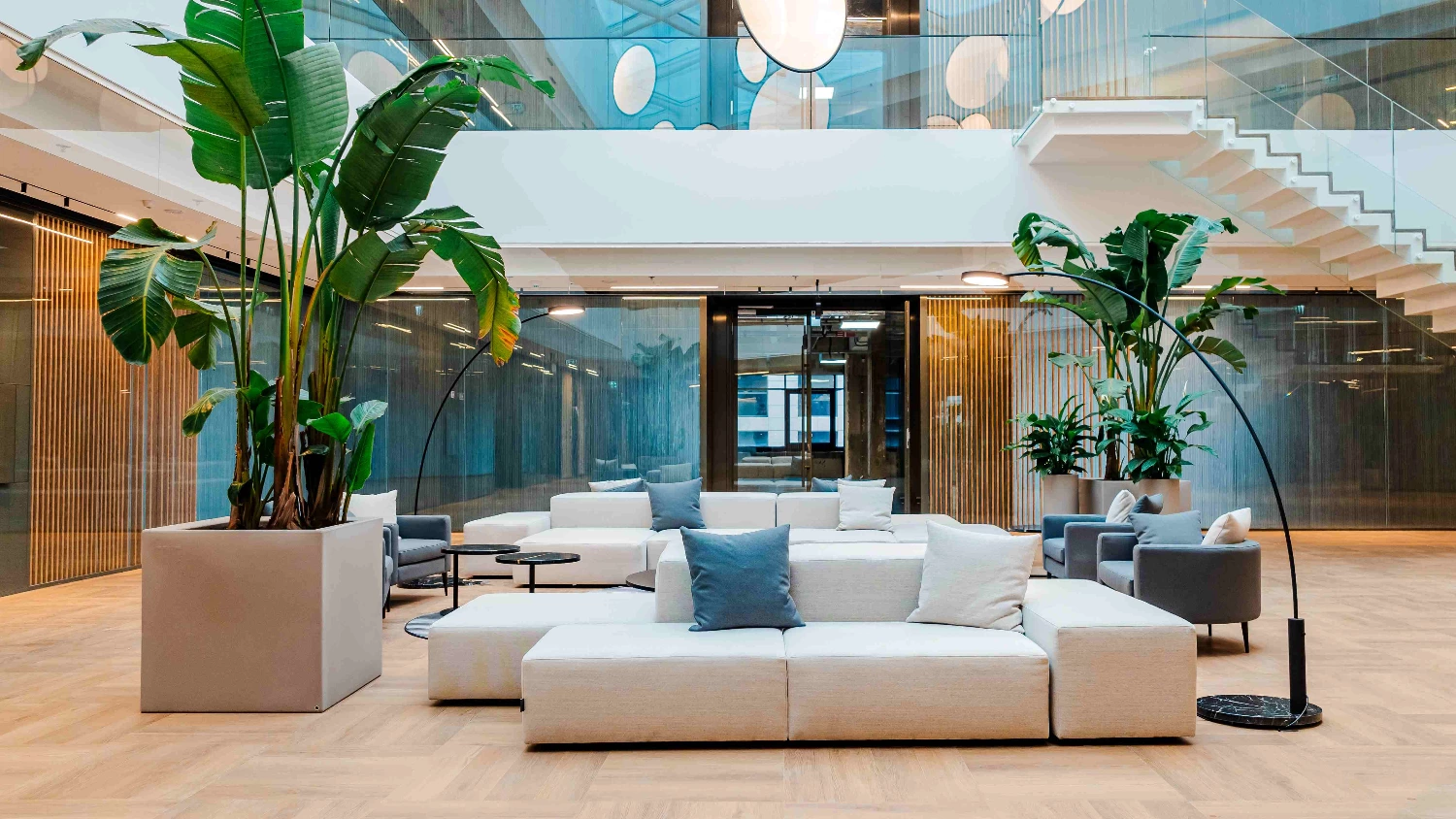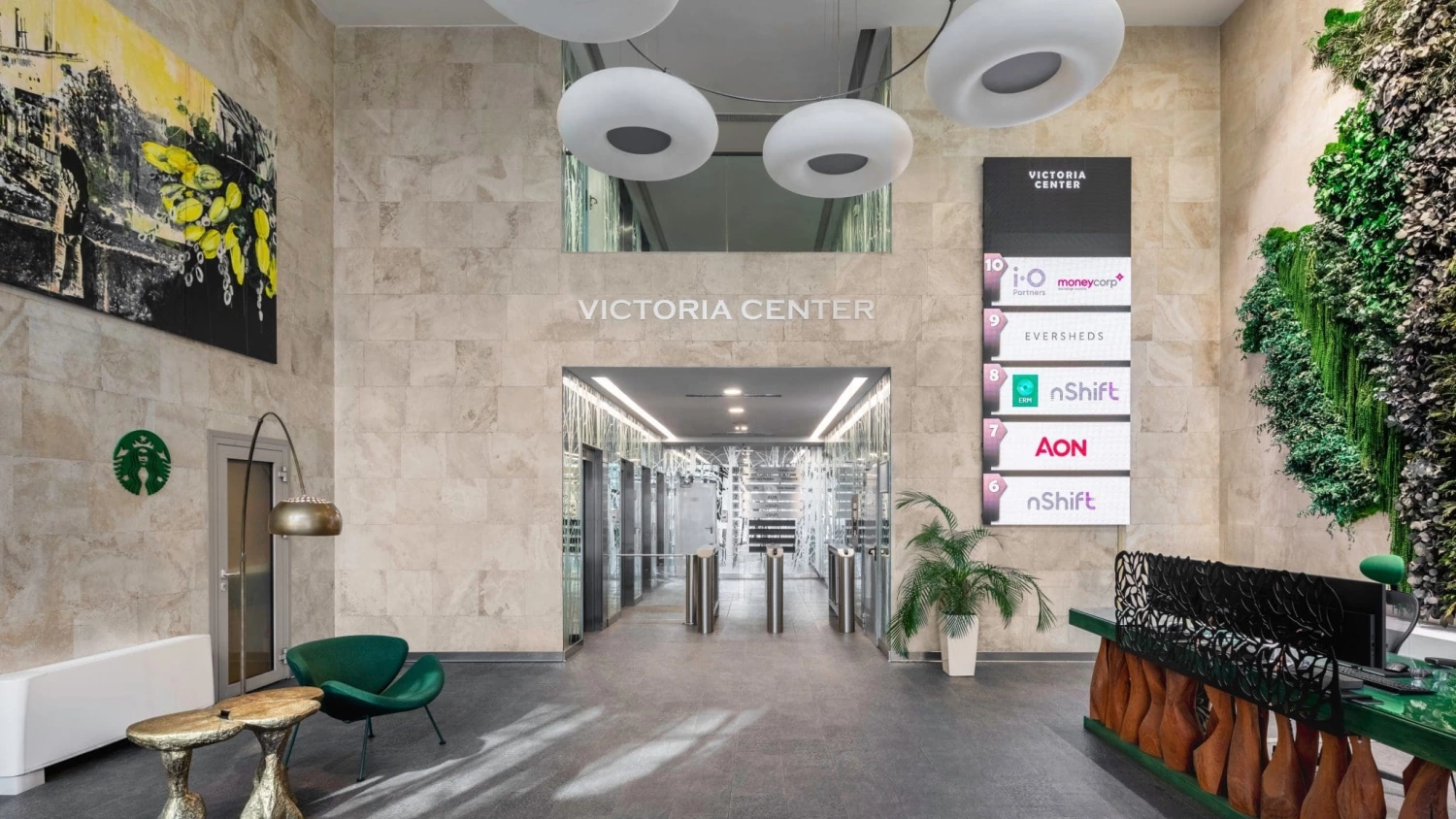Born between 1997 and 2012, this cohort of young professionals views the workplace as more than just a functional space; they see it as a hub for personal growth, authentic connections, and a sense of belonging.
George Didoiu, Director of Tenant Services, Office 360 at Colliers, said: "Gen Z is an important ally of the modern workplace. They are not avoiding work; they want it to have purpose and create value. They don't challenge the rules for the sake of change, but because they want to improve them. Through these expectations, companies have the chance to build healthier, more united, and future-oriented teams, based on trust, honesty, and strong values.”
A study from Alexandru Ioan Cuza University highlights that while work-life balance (67%) and a fair income (66%) are top priorities for Gen Z, only a mere 1% are truly motivated by working exclusively remotely.
This finding suggests a strong desire for the in-person interactions and developmental opportunities that a home environment cannot provide.
The emphasis on human connection is also echoed in a recent Gallup survey, which found that only 23% of Gen Z workers in other countries prefer a fully remote job, the lowest percentage among all age groups.
This preference is largely attributed to a heightened sense of loneliness experienced during extended periods of remote work and the lack of face-to-face interaction with colleagues.
For this digitally fluent generation, flexibility is no longer a perk but a baseline expectation.
However, what truly sets an employer apart is an environment where employees feel valued, supported, and part of a meaningful direction, with a focus on merit-based recognition, constructive feedback, and clear growth paths.
An attractive office design alone is no longer sufficient if it's paired with weak management, as leadership and organisational culture have become more important than the physical space itself.











